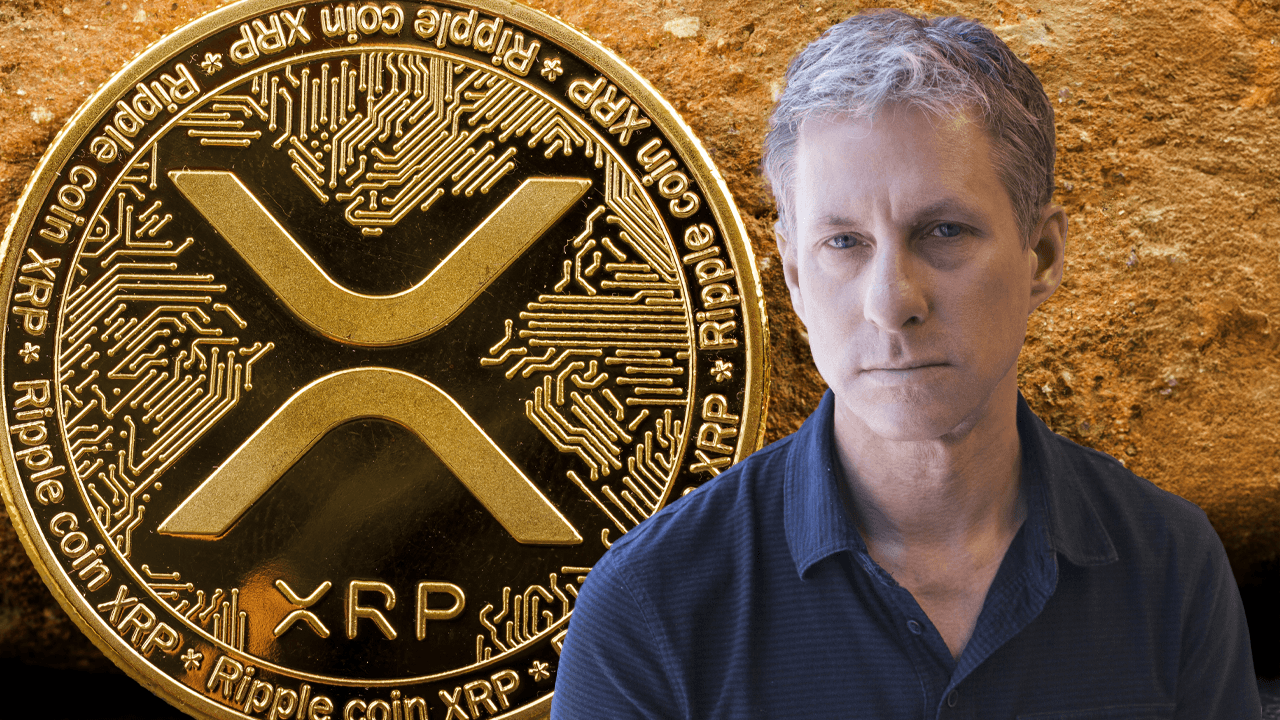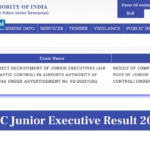Chris Larsen is a name synonymous with innovation in fintech and blockchain. As the co-founder and executive chairman of Ripple Labs, Larsen is widely recognized for revolutionizing the world of cross-border payments using blockchain technology. But his story doesn’t begin—or end—with crypto. From disrupting traditional finance to shaping global policy debates on cryptocurrency, Chris Larsen stands at the intersection of technology, business, and regulation.
In this blog, we dive into Larsen’s life, achievements, controversies, and his vision for a more transparent, decentralized financial world.
🚀 Early Life and Career: Building Fintech Before It Was Cool
Chris Larsen earned his MBA from Stanford University, where his interest in personal finance and consumer protection took root. He began his entrepreneurial journey by co-founding E-Loan in 1996—a bold idea at the time. E-Loan became one of the first online mortgage lenders, empowering users to access loan information without needing banks or middlemen.
By 1998, E-Loan was handling over $1 billion in mortgage loans, gaining attention for its transparency-driven model. Notably, the company was one of the first to provide free credit scores to its users, setting a new standard in the personal finance space.
Larsen later co-founded Prosper Marketplace in 2005, the U.S.’s first peer-to-peer lending platform. This venture eliminated intermediaries in lending, once again promoting financial inclusion.
🌐 Founding Ripple: Reimagining Global Payments
In 2012, Chris Larsen teamed up with Jed McCaleb to co-found Ripple Labs. Their mission? To make cross-border payments faster, cheaper, and more transparent using blockchain technology.
Ripple introduced the XRP Ledger and XRP token to facilitate nearly instant transactions between financial institutions. The Ripple protocol allowed banks and payment providers to settle global transactions in seconds, a process that previously took days using SWIFT.
Under Larsen’s leadership, Ripple grew into one of the most respected blockchain companies in the world, forming partnerships with global banks, including:
- Santander
- SBI Holdings
- Standard Chartered
- PNC Bank
The company’s RippleNet product now connects over 300 financial institutions in more than 40 countries.
💵 Net Worth and Wealth Status
At the height of the crypto boom in 2018, Forbes estimated Larsen’s net worth at over $7.5 billion, making him one of the wealthiest individuals in crypto. Much of this wealth stemmed from his holdings in XRP, which saw massive surges in value that year.
While fluctuations in XRP price have affected his standing, Chris Larsen remains among the top crypto billionaires, largely due to his long-term stake in Ripple Labs and his strategic vision for the blockchain space.
⚖️ SEC Lawsuit and Legal Challenges
Larsen’s name entered headlines again in late 2020, when the U.S. Securities and Exchange Commission (SEC) filed a lawsuit against Ripple Labs, alleging that XRP was an unregistered security. Larsen and CEO Brad Garlinghouse were named in the suit.
Larsen strongly refuted the allegations, calling them an attack on crypto innovation. He advocated for clearer regulatory frameworks and even considered moving Ripple’s headquarters out of the U.S. due to the legal uncertainty.
In 2023, the court ruled that XRP was not a security when sold on public exchanges, marking a partial victory for Ripple. Larsen reiterated that the ruling was a step toward creating a balanced crypto regulatory environment.
📤 XRP Transfers and Speculation in 2025
In July 2025, on-chain analytics detected several large XRP transfers originating from wallets linked to Chris Larsen. This triggered speculation across the crypto community:
- Was he offloading XRP in response to upcoming market turbulence?
- Could it be part of institutional partnerships or custody changes?
- Or was it a signal of further regulatory developments?
Ripple quickly clarified that these were routine movements for custody and compliance, not direct sales. Still, it reminded the market of the enormous holdings that Ripple insiders—including Larsen—still control.
🗳️ Advocacy and Political Contributions
Chris Larsen has not just built tech—he’s built policy influence too.
In recent years, Larsen has become a vocal advocate for pro-crypto regulation, especially in the United States. He’s argued that the U.S. risks falling behind countries like the UK, Switzerland, and Singapore in crypto innovation due to unclear laws and overreach by regulatory agencies.
He has:
- Donated to pro-crypto lobbying groups like Coin Center and Blockchain Association
- Funded candidates supporting innovation in Congress
- Championed initiatives for green blockchain mining and energy-efficient consensus mechanisms
Larsen also supports California-based digital identity and privacy initiatives, aligning with his long-standing values of financial empowerment and user control.
🌱 Philanthropy and Social Impact
Apart from business and crypto, Chris Larsen has actively participated in philanthropic causes. Notably, in 2021, he donated over $25 million to San Francisco State University, his alma mater, for expanding business and technology education.
Other major philanthropic efforts include:
- Funding environmental justice projects in California
- Donating to public transit, climate tech, and public safety initiatives
- Supporting privacy rights and internet freedom movements
His philanthropy mirrors his entrepreneurial mission: give power back to the people.
🌟 The Future of Chris Larsen
At 64, Chris Larsen continues to influence the course of crypto, finance, and public policy. As Ripple expands globally, Larsen’s focus appears to be shifting toward advocacy and education, ensuring the next generation understands the risks and opportunities of decentralized finance.
With Ripple exploring CBDC platforms, cross-chain liquidity, and regulatory sandbox partnerships, Larsen remains a behind-the-scenes strategist more than an executive operator.
✍️ Final Thoughts
Chris Larsen is more than a crypto billionaire—he is a visionary who has repeatedly disrupted finance. From E-Loan to Ripple, from consumer rights to blockchain policy, he has pushed for a system that empowers individuals, increases transparency, and works across borders.
Despite facing regulatory hurdles and public scrutiny, Larsen has stayed true to his mission: build systems that decentralize power and enhance access.
Whether you’re a blockchain enthusiast, a finance student, or just someone interested in the people shaping our digital future, Chris Larsen is a name worth knowing.










